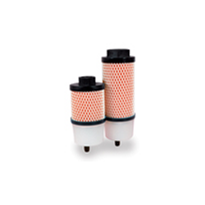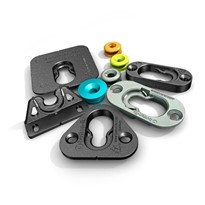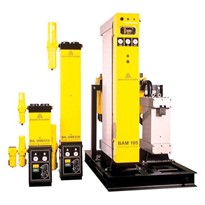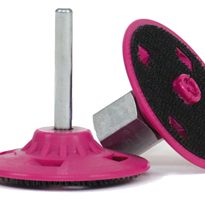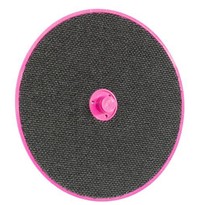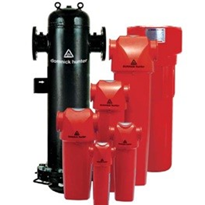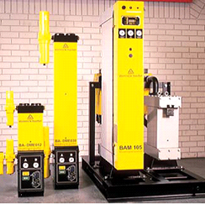A defibrillator – which gives a high-energy electric shock to the heart – was used as part of the emergency action that saved the footballer’s life.

Since then, sales of defibrillators in the UK have soared.
People have started to query where the closest defibrillator is in their community – ideally, within a 3-minute return journey from an incident.
A few months ago, 58-year-old Frank Donnelly, the maintenance engineering manager at a western New South Wales copper mine collapsed with a sudden cardiac arrest – but survived when his workmates sprung into action with CPR and a defibrillator.

“I’ve got my workmates and that defibrillator to thank for the fact that I’m still walking around and talking and enjoying life,” said Donnelly who has now raised funds for the deployment of other defibrillators.
The lesson? We know that sudden cardiac arrest is Australia’s Number One Killer!
We also know that without CPR and a nearby defibrillator, the chance of survival is less than 6%. Yet, the fast use of a defibrillator can increase survival rates by up to 70%
It is incumbent on all public, private and community organisations to deploy defibrillators – just as it is for strata managers and body corporates as people spend over 50% of their time at home and the cost of the devices can be shared amongst many owners.
And while defibrillators are becoming more effective, more affordable and easier to use by untrained passers-by, scientists are discovering new ways to identify and treat underlying heart issues utilising the computing power of technology, such as artificial intelligence.
For example, scientists at Johns Hopkins University scientists can now predict which patients suffering from complex inflammatory heart disease are at risk of sudden cardiac arrest. They do this using powerful machine learning by combining models of patients’ hearts built from multiple images.
According to an article in News Medical Life Sciences, ‘doctors don’t currently have precise methods for assessing which patients with cardiac sarcoidosis, a condition causing inflammation and scarring that can trigger irregular heartbeats, are likely to have a fatal arrhythmia, meaning that some patients don’t survive, while others undergo unnecessary, invasive interventions. A recent meta-analysis cited in the study found that roughly only one third of cardiac sarcoidosis patients receive adequate treatment’.
The scientists combine data from the mechanistic simulations, along with additional patient and imaging data, to develop and train an algorithm to predict the likelihood of arrhythmia leading to cardiac arrest.
According to another article in News Medical Life Sciences, technology is also used in a new study by researchers from Wellcome Sanger Institute, University of Cambridge, Massachusetts Institute of Technology and Lund University, who built a novel computer-based model to predict how genetic variations may contribute to changes in important proteins involved in certain inherited heart diseases.
The research, published in June 2021 in npj Genomic Medicine, verifies which genetic variations and potential ‘hot spots’ are linked to different types of inherited heart diseases where the functioning of the heart muscle is impacted. These may have different outcomes and treatments, including invasive surgical procedures such as fitting defibrillators and heart transplantation.
So, while science and technology are making great strides in identifying and treating heart conditions, the benefits of using defibrillators to increase the chance of survival from sudden cardiac arrest cannot be overstated.
More importantly, each of us can make a difference by ensuring defibrillators are close at hand and CPR is learnt.
The life of a loved one or colleague may depend on it!






